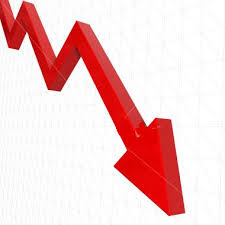Analytics, Employment, EU – Baltic States, Inflation
International Internet Magazine. Baltic States news & analytics
Saturday, 27.04.2024, 05:48
0.2% deflation registered in eurozone in December
 Print version
Print version |
|---|
The drop was brought on by plummeting oil prices and will heap pressure on the European Central Bank to take bold action to stimulate price rises in the now 19-nation single currency zone.
It is the first concrete sign of much-feared deflation, or long-term falling prices, in the eurozone. Deflation is officially defined by prices falling over a longer period.
Falling prices may sound good for the consumer. But from a central bank's point of view, they can trigger a vicious spiral where businesses and households delay purchases, throttling demand, triggering recession and causing companies to lay off workers.
Deflation also increases the burden of long-term debt.
The European Union's data agency ''Eurostat'' also reported that unemployment remained at 11.5% in November, unchanged from October.
Energy prices in the eurozone, which added Lithuania on January 1, sank a huge 6.3% in December, greater than a fall of 2.6% a month earlier, when inflation was a still positive 0.3%.
Oil prices have plummeted in recent weeks, hit by a high supply by OPEC and weak demand.
All other sectors were stable, with prices in the food and beverage sector as well as industrial goods unchanged, but still well below the ECB target of a near 2% increase.








 «The Baltic Course» Is Sold and Stays in Business!
«The Baltic Course» Is Sold and Stays in Business!

